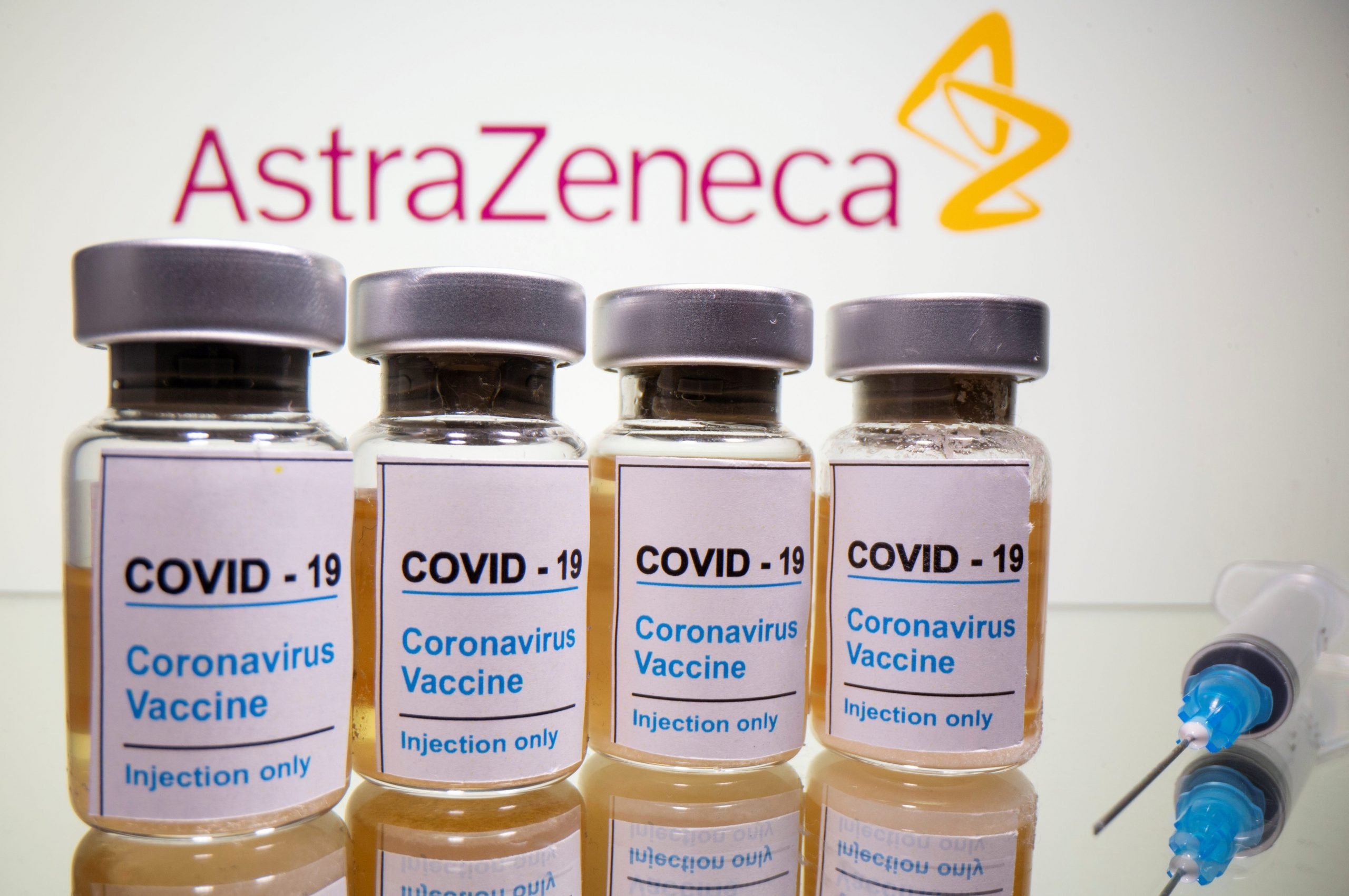
Akhtar Soomro/Reuters
- Pakistan’s regulators approved AstraZeneca and Oxford University’s COVID-19 shot for emergency use.
- The shot will first be given to over-65s and healthcare workers, per The Associated Press.
- Local governments and private firms were free to import the shot, reported Dawn, a local newspaper.
- Visit Business Insider’s homepage for more stories.
Pakistan on Saturday approved the coronavirus vaccine developed by AstraZeneca and Oxford University for emergency use, according to multiple reports.
Asad Umar, a government official working on the vaccine rollout, said the vaccine will first be given to people older than 65 and healthcare workers, according to The Associated Press.
Speaking on Saturday, Umar said provinces and the private sector were free to import the drug, subject to the approval of the Drug Regulatory Authority of Pakistan (DRAP), according to Dawn, a local newspaper.
Read more: What’s coming next for COVID-19 vaccines? Here’s the latest on 11 leading programs.
“From day 1, the [National Command and Operation Centre] has adopted the policy that the federal government shall not have the monopoly to import anti-coronavirus vaccines,” said Umar, according to Dawn.

Dado Ruvic/Reuters
Pakistan late last year signed an agreement with China's National Pharmaceutical Group, known as Sinopharm, for more than a million doses of its vaccine, according to The Express Tribune. Sinopharm's drug has not yet been approved by DRAP.
The country may also import "tens of millions" of doses of a vaccine made by China's CanSinoBio, Faisal Sultan, special assistant to the prime minister on national health services, told the newspaper.
Pakistan has had 519,291 confirmed COVID-19 cases, with 10,951 deaths, according to data compiled by Johns Hopkins University.
In the last week, about 307 people died following COVID-19 infections, down from the country's record high of 861 weekly deaths in mid-June, according to Johns Hopkins.
—Asad Umar (@Asad_Umar) January 11, 2021
A second wave of coronavirus cases hit Pakistan in November and December, according to data shared on Twitter by Umar earlier this month.
Umar urged people in Pakistan to follow safety regulations in an effort to flatten the curve.
Last week, he said: "Data clearly shows that covid health consequences are strongly correlated with our decisions & personal choices. Hence it's important that we all take responsibility & take precautions. If we do the right things we shall inshallah continue to safeguard lives & livelihoods."
Neighboring India began the world's largest vaccination drive on Saturday, with the goal of inoculating 300,000 people in one day. India approved AstraZeneca's vaccine, which goes under the name Covishield in the country, for emergency use in early January.